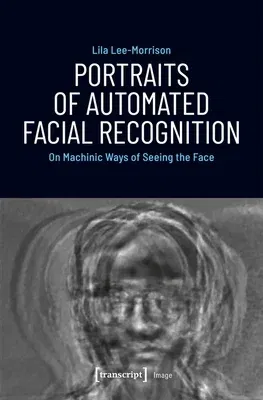Lila Lee-Morrison
(Author)Portraits of Automated Facial Recognition: On Machinic Ways of Seeing the FacePaperback, 27 December 2019

Qty
1
Turbo
Ships in 2 - 3 days
In Stock
Free Delivery
Cash on Delivery
15 Days
Free Returns
Secure Checkout

Part of Series
Image
Print Length
198 pages
Language
English
Publisher
Transcript Publishing
Date Published
27 Dec 2019
ISBN-10
383764846X
ISBN-13
9783837648461
Description
Product Details
Author:
Book Format:
Paperback
Country of Origin:
US
Date Published:
27 December 2019
Dimensions:
22.86 x
15.24 x
1.07 cm
ISBN-10:
383764846X
ISBN-13:
9783837648461
Language:
English
Pages:
198
Publisher:
Series:
Weight:
272.16 gm